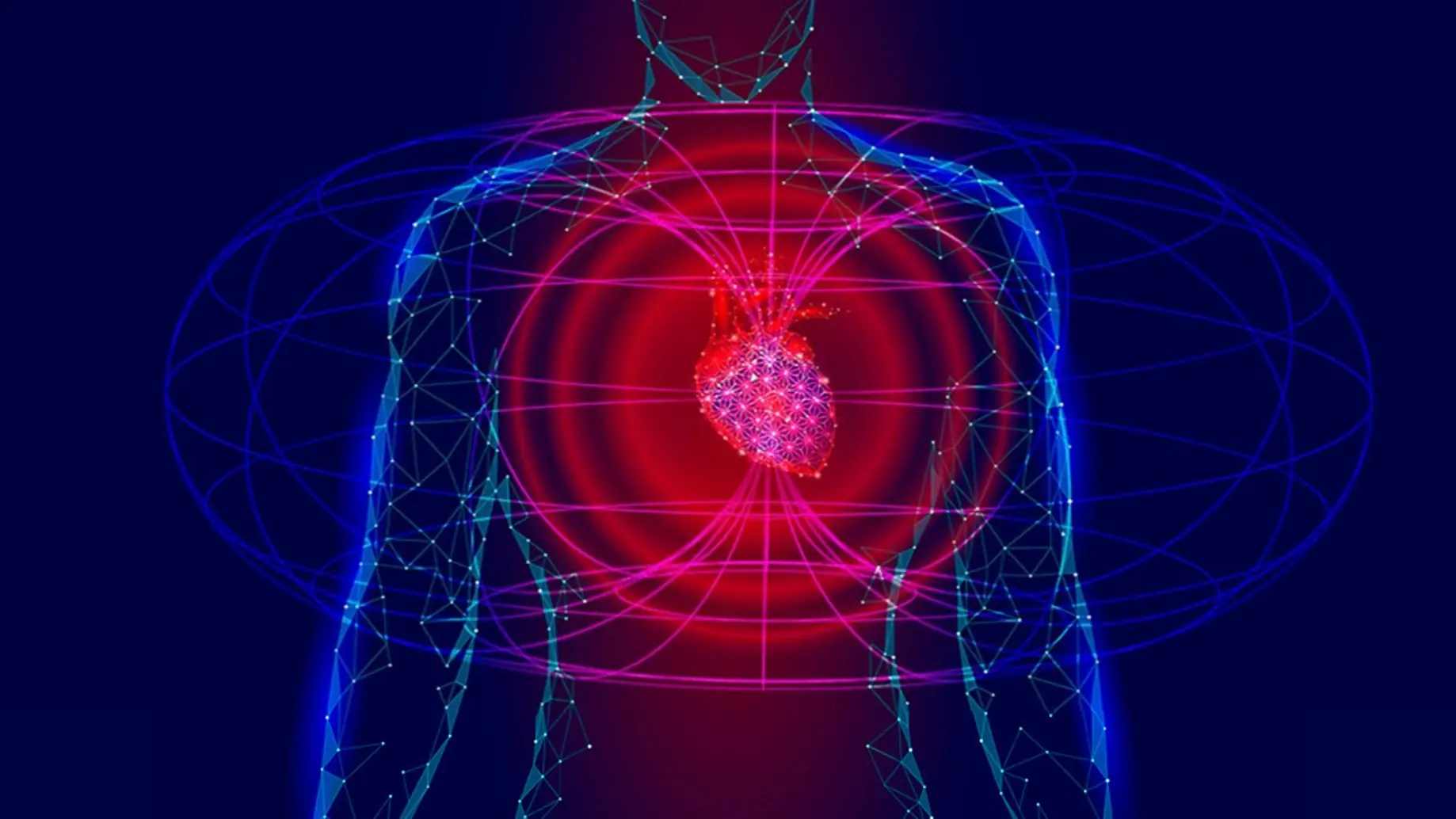
Just Simply Looking at a Sick Person Is Enough to Trigger Your Immune Response, Study Shows
In an astonishing revelation that bridges psychology and biology, a new study has found that merely looking at a sick person is enough to trigger an immune response in your body. While this might sound like science fiction, the findings add to a growing body of evidence suggesting that the human brain and immune system are deeply interconnected—far more than we previously thought.
For centuries, humans have relied on visual cues to detect illness in others—pale skin, sweating, sneezing, coughing, and lethargy are all signs we’ve come to recognize instinctively. However, this new research suggests our reaction to these signs goes far beyond avoidance or empathy. In fact, our bodies begin to prepare for a potential infection simply by observing someone who appears unwell.
According to scientists behind the study, participants who viewed images or videos of visibly ill people experienced subtle but measurable increases in their immune system activity. This included heightened inflammatory responses, a rise in the production of white blood cells, and activation of genes associated with immunity. In other words, the body “gets ready for battle” even before an actual infection occurs.
The explanation lies in evolutionary biology. In ancient environments, where modern medicine and sanitation didn’t exist, avoiding disease was crucial to survival. Those who were more attuned to recognizing and reacting to illness in others had a better chance of avoiding infection. As a result, humans developed what scientists call “behavioral immunity”—a set of psychological and physiological responses aimed at reducing the risk of catching contagious diseases.
One of the most remarkable aspects of the study is how the immune system is triggered without any actual exposure to pathogens. There’s no contact with the sick person, no airborne particles inhaled—just visual perception. This underscores the immense power of the mind-body connection. The brain interprets visual data, assesses risk, and communicates with the immune system to prepare for potential threats. This adaptive mechanism is not unlike a fire alarm that goes off not when a fire starts, but when someone even looks like they’re about to strike a match.
Researchers believe that this kind of immune response could be a first line of defense, giving the body a head start in preparing for illness before any actual invasion of bacteria or viruses occurs. It’s a preventative reaction, one that buys precious time for the body to build its defenses.
There are also intriguing implications for public health and psychology. For example, people who live in high-density urban areas and are constantly exposed to others—especially during flu seasons or pandemics—may have immune systems that are chronically more alert. On the other hand, this constant state of low-level immune activation might also contribute to chronic inflammation or stress-related illnesses over time.
Furthermore, the findings could help explain why people with high levels of anxiety or health-related fears (such as hypochondriacs) sometimes report physical symptoms after simply seeing or hearing about illness. Their brains may be overstimulating the immune response, mistakenly preparing for a non-existent threat.
While more research is needed, this study opens the door to understanding how deeply our perceptions influence our biology. It suggests that our immune system doesn’t just react to physical exposure—it also responds to what we see, feel, and expect. That’s a profound shift in how we think about immunity and health.
In conclusion, the idea that just looking at a sick person can activate your immune system may seem surprising, but it makes perfect sense from an evolutionary perspective. It’s a reminder of how intricately our bodies are wired for survival, and how the line between mind and body is more blurred than we often assume. This discovery not only deepens our understanding of human biology but also opens new avenues for research in preventive medicine and psychological health.
News in the same category


How Your Body Secretly Tells You You're Stressed

New Study Shows That Sitting in Silence for Only Two Hours Can Trigger Significant Growth in New Brain Cells

Foods That Can Quietly Drain Calcium From Your Body
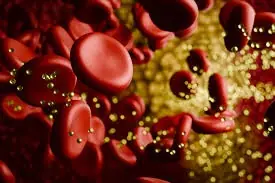
Scientists Discover an “Off Switch” for Cholesterol — And It Could Save Millions of Lives

Why Does Your Eye Twitch Randomly? An Eye Doctor Explains

Think Twice Before Pairing: 6 Foods You Shouldn’t Eat with Eggs
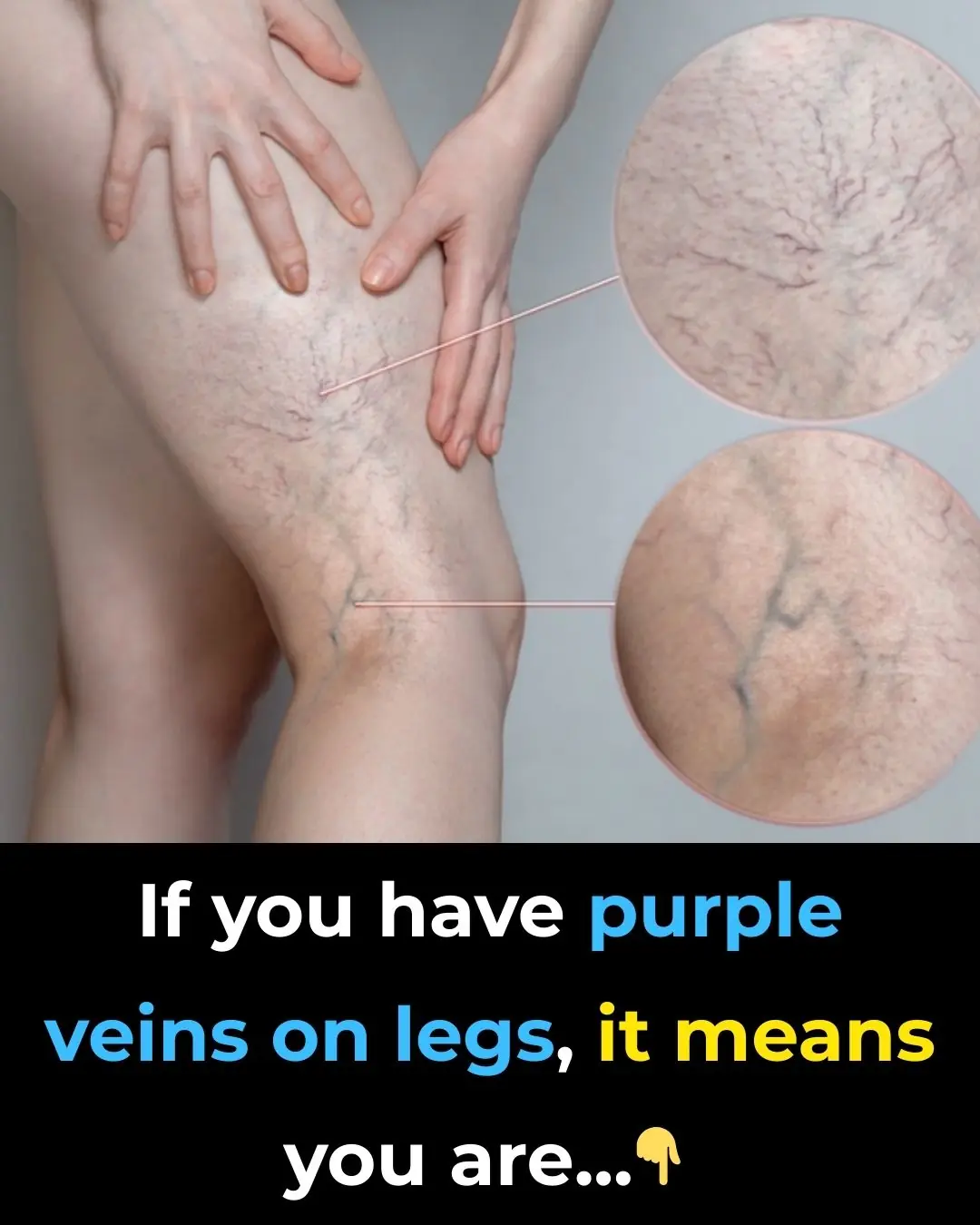
Purple Veins on Your Legs

Top 10 foods that improve blood circulation in legs

What really happens to your kidneys when you drink coconut water

Pineapple And Turmeric Drink Reverses Cancer-Causing Inflammation And Even Beats The Common Cold!
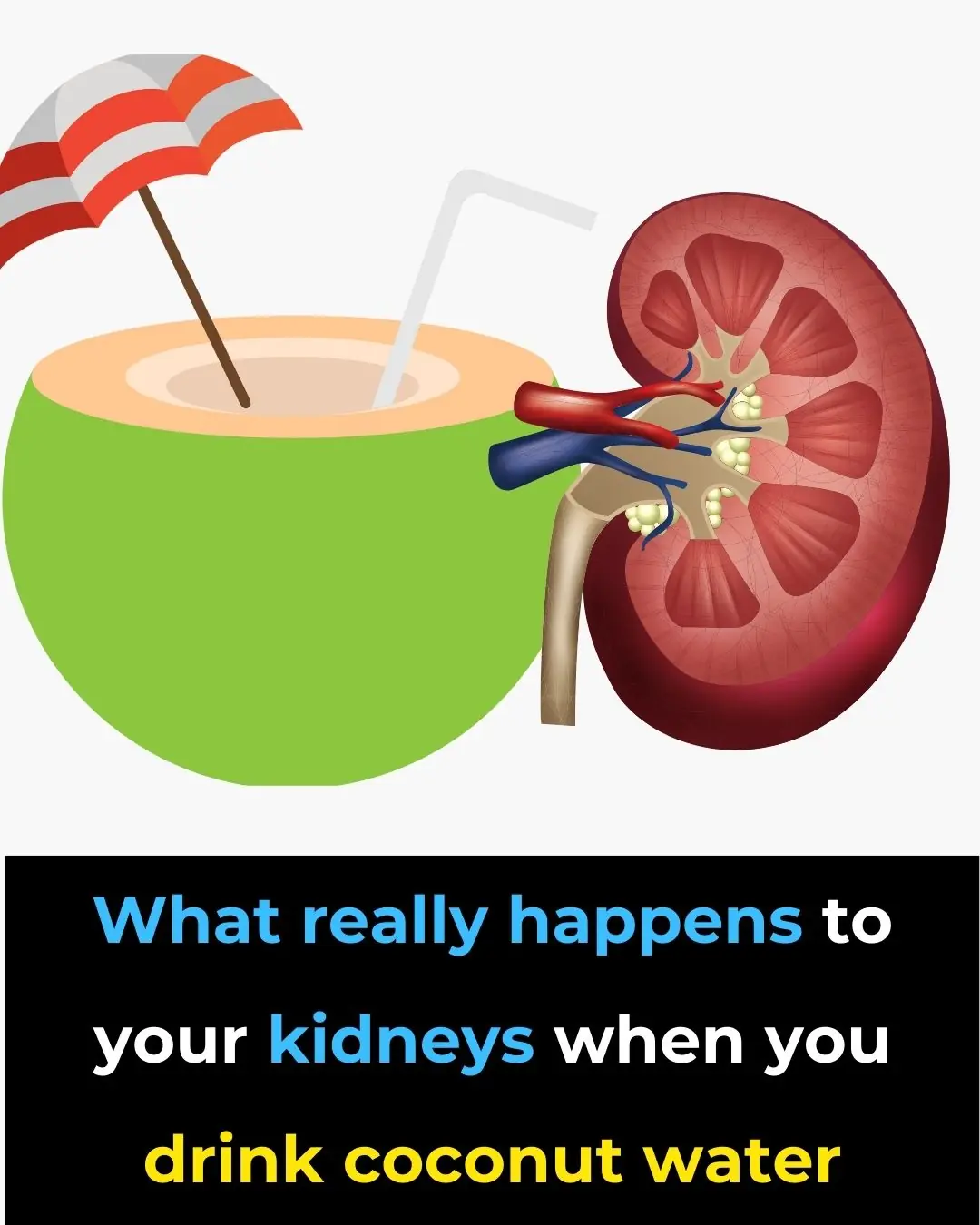
What really happens to your kidneys when you drink coconut water

6-yr-old boy dies and leaves blue stain on carpet: years later, mom makes heartbreaking discovery

1 tablespoon every morning to naturally cleanse your blood vessels

How Magnesium Keeps Your Heart Rhythm Healthy

Why Do I Cough When Taking a Deep Breath?

Taking the Stairs Could Help You Live Longer

Purple Veins on Your Legs: When to Worry

Signs Your Cortisol Is Dangerously High
News Post

Experts reveal 3 ways to eliminate E. coli bacteria in water – essential knowledge to protect your family

Put a handful of salt into a dirty toilet with yellow stains: Just 30 minutes later, you will see a miracle

The most correct way to give first aid for stroke at home

Cook black bean sweet soup quickly, delicious, not time consuming, save gas/electricity

Apple insider reveals new leaks about foldable iPhone release for 2026

Experts reveal the five foods you should absolutely never freeze
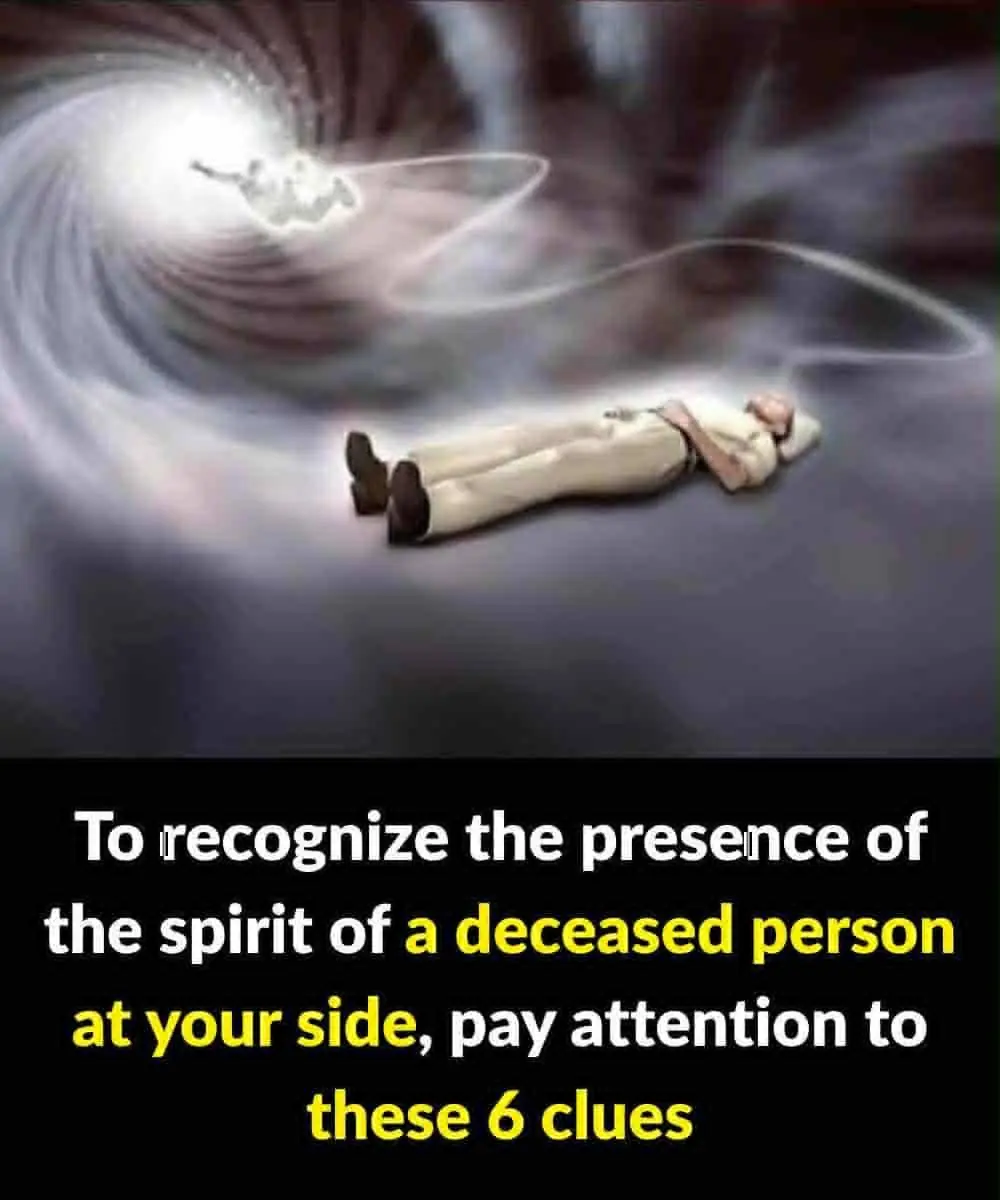
The difference between the spirit of a loved one and other forces

Your Heart Emits a Magnetic Field 100x Stronger Than Your Brain – And It Can Be Detected 3 Feet Beyond Your Body

🌱 Discover Papaya Seeds: Nature’s Tiny Powerhouse for Total Wellness

3 Home Remedies to get rid of Skin Tags – Skin Tag Removal

Homemade Herbal Bath Powder For Clear Skin: Bridal Skincare Ubtan

Mix Baby Oil with Vaseline: The Simple Skincare Trick for Youthful, Wrinkle-Free Skin

How Your Body Secretly Tells You You're Stressed

New Study Shows That Sitting in Silence for Only Two Hours Can Trigger Significant Growth in New Brain Cells

Foods That Can Quietly Drain Calcium From Your Body

Scientists Discover an “Off Switch” for Cholesterol — And It Could Save Millions of Lives

Why Does Your Eye Twitch Randomly? An Eye Doctor Explains

Think Twice Before Pairing: 6 Foods You Shouldn’t Eat with Eggs
